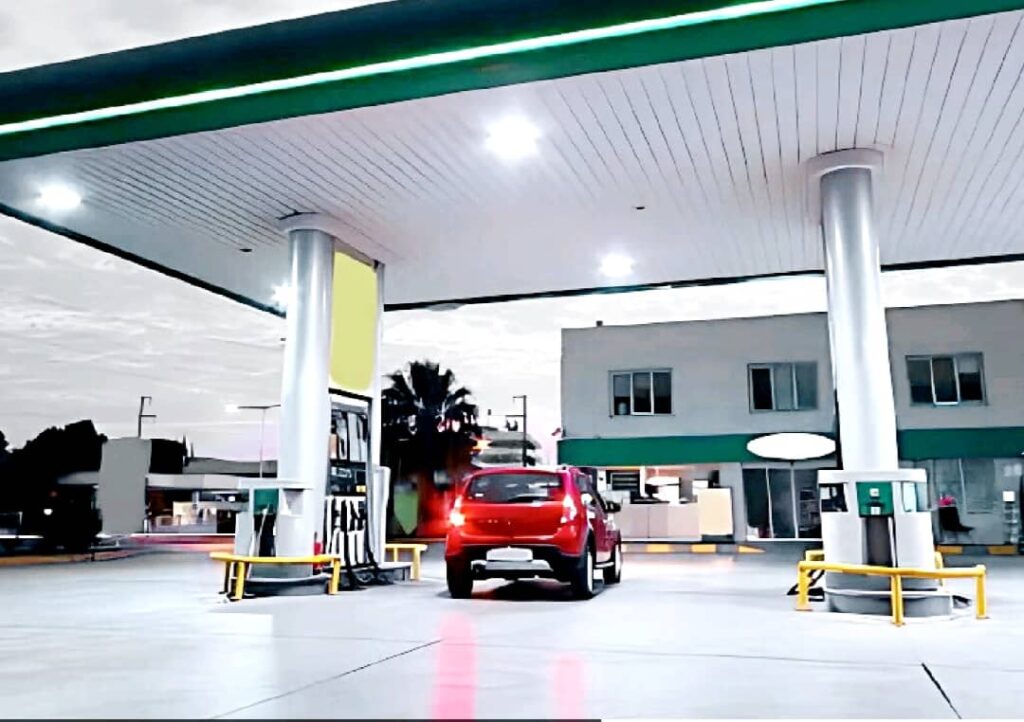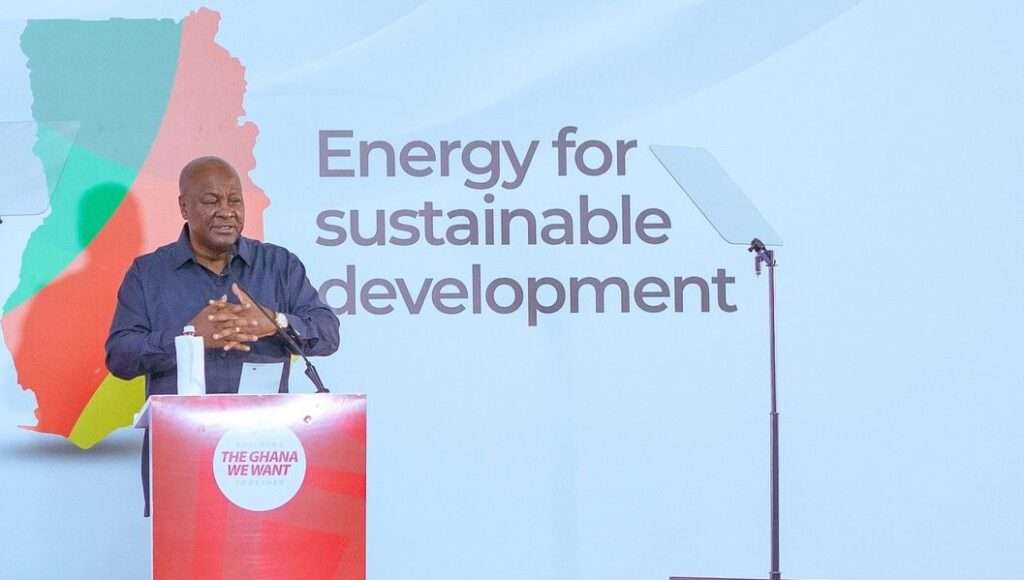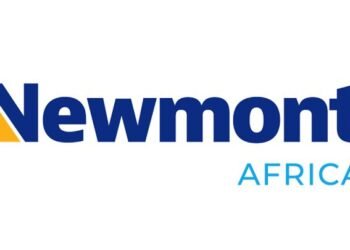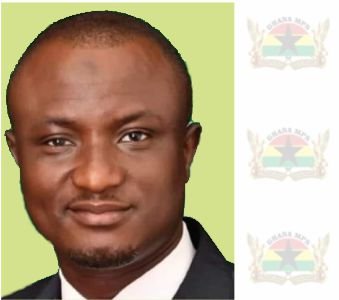The Chief Executive of the National Petroleum Authority (NPA), Mr. Godwin Kudzo Tameklo (Esq.), has urged stakeholders in Ghana’s energy sector to work together to accelerate the implementation of the 24-hour economy policy in the downstream petroleum industry.
He said the initiative, championed by President John Dramani Mahama, is essential to driving job creation and promoting inclusive economic growth. “The 24-hour economy in the downstream petroleum sector is critical to the President’s vision,” he stated.
“The President believes in what the NPA can do to make it a reality.
“My firm belief is that the members will do everything within their power to make it a reality. Many young people will benefit from the value addition to the economy.”
Mr. Godwin Kudzo Tameklo, Chief Executive of the National Petroleum Authority (NPA)
Mr. Tameklo made the appeal at the second meeting of the Steering Committee for the 24-Hour Economy Initiative in the Petroleum Downstream Sector, held at the NPA headquarters in Accra.
The committee, chaired by Mr. Tameklo, was established to provide oversight, strategic direction, and coordination for the rollout of the policy within the sector.
Emphasizing the significance of the initiative, Mr. Tameklo said the petroleum downstream industry has a pivotal role to play in realizing the President’s broader vision for a round-the-clock national economy.
Transforming Ghana’s Petroleum Sector

The 24-hour economy policy, a flagship initiative of the Mahama administration, aims to stimulate productivity and create sustainable employment by encouraging industries and services to operate around the clock.
In the petroleum downstream sector, comprising refining, distribution, and retail, this model is expected to enhance operational efficiency, ensure constant fuel availability, and generate more jobs for Ghanaians.
Mr. Tameklo noted that while the vision is ambitious, its success will depend on addressing key structural and infrastructural bottlenecks that currently limit the sector’s ability to operate seamlessly on a 24-hour basis.
He pledged his commitment to leading efforts to resolve these challenges, emphasizing that the NPA will collaborate closely with industry players, regulators, and security agencies to create an enabling environment for the policy’s full implementation.
Security and Technological Readiness

In his presentation to the committee, Chief Superintendent Benjamin Aniah (Esq.), Director of the 24-Hour Policy Secretariat of the Ghana Police Service, highlighted security preparedness as a crucial component of the initiative.
He revealed that the Police Service had developed a comprehensive plan to safeguard personnel, infrastructure, and digital systems that will underpin the 24-hour operations across the petroleum value chain.
“We are putting in place measures to provide effective security to ensure the seamless implementation of the 24-hour economy policy.
“The aim is to use intelligence and technological tools to protect personnel, assets, and data from physical and cyber-attacks.”
Chief Superintendent Benjamin Aniah (Esq.), Director of the 24-Hour Policy Secretariat
His remarks underscored the critical role of security in sustaining a continuous operational model in a high-risk sector such as petroleum, where safety, asset protection, and cybersecurity are non-negotiable.
The steering committee comprises a cross-section of senior figures from Ghana’s petroleum sector and related institutions, reflecting a coordinated national approach.
Members include Deputy Chief Executives of the NPA, Dr. Sheila Addo and Dr. Dramani Bukari, along with directors from the Authority.
Other members are Mr. Afetsi Awonoor, Managing Director of the Bulk Oil Storage and Transportation Company (BOST); Dr. Patrick Ofori, Chief Executive of the Chamber of Bulk Oil Distributors (CBOD); and Dr. Riverson Oppong, Chief Executive of the Chamber of Oil Marketing Companies (COMAC).
The composition of the committee reflects the government’s intention to foster synergy between public institutions and private sector operators in ensuring that the 24-hour economy policy delivers tangible benefits.
Building a Round-the-Clock Energy Economy

Mr. Tameklo reiterated that the 24-hour economy in the petroleum sector will not only enhance Ghana’s energy resilience but also create new layers of economic activity, from logistics and retail services to data management and infrastructure maintenance.
He emphasized that a continuously operational energy supply system will strengthen investor confidence and improve the competitiveness of Ghana’s economy in the subregion.
The NPA Chief also commended the collaborative spirit displayed by committee members and urged continued commitment to the collective goal.
He affirmed that the Authority will prioritize effective communication, stakeholder engagement, and resource mobilization to drive the successful rollout of the policy.
As Ghana moves toward operationalizing the 24-hour economy across multiple sectors, the downstream petroleum industry stands as a test case for how technology, infrastructure, and coordination can combine to deliver President Mahama’s vision of a more dynamic and inclusive economy.
READ ALSO: BoG’s $1.15bn FX Injection Sparks Clash with IMF and World Bank Over Cedi Stabilization





















